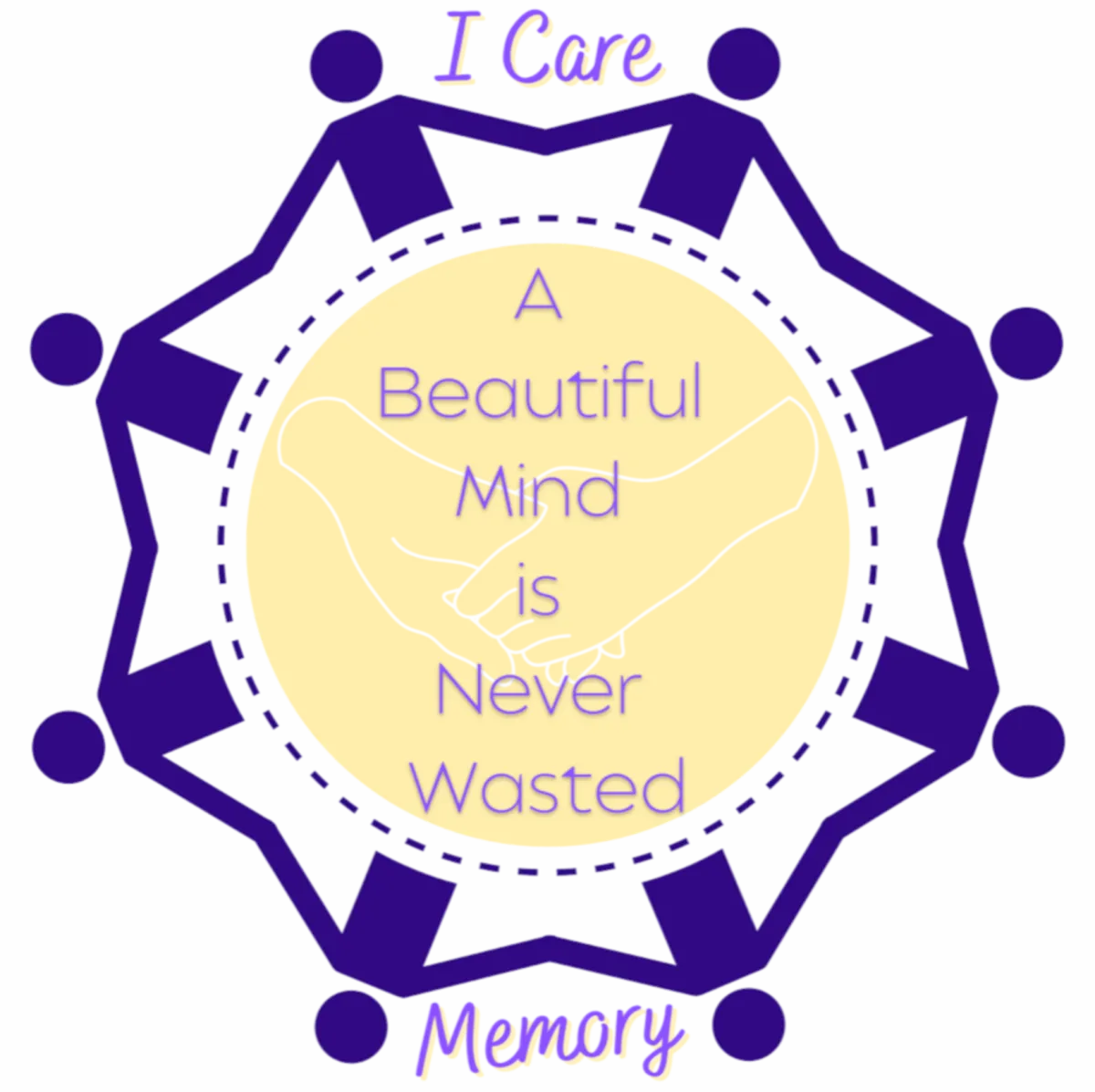
Alzheimer's Treatments: What Works and What Doesn't
Alzheimer's Treatments: What Works and What Doesn't
Deep Dive Podcast: Key Differences in Drug Related and Non-Drug Treatments
Alzheimer's disease is a progressive brain disorder that currently has no cure. However, treatments available can help manage the symptoms and slow the progression of the disease. These treatments fall into two main categories: drug treatments and non-drug treatments.
Drug Treatments
There are two main types of drug treatments for Alzheimer's disease:
1. Disease-Modifying Treatments
These treatments aim to slow the progression of the disease by targeting the underlying biological processes involved in Alzheimer's.
Examples: Aducanumab and lecanemab.
How they work:
Aducanumab and lecanemab help remove beta-amyloid, a protein fragment that accumulates in the brain and is believed to play a key role in the development of Alzheimer's.
Another drug, brexpiprazole, has been approved by the FDA to treat agitation associated with Alzheimer's.
Agitation is common in Alzheimer's disease.
Brexpiprazole is thought to lessen agitation through its effects on dopamine and serotonin receptors in the brain.
Effectiveness:
Clinical trials have shown that these drugs can modestly slow cognitive and functional decline in some individuals with mild cognitive impairment (MCI) or mild dementia due to Alzheimer's disease.
These treatments are not a cure for Alzheimer's disease.

2. Symptom-Treating Treatments
These treatments aim to manage the symptoms of Alzheimer's disease, such as memory loss, confusion, and behavioral changes.
Examples: Donepezil, rivastigmine, galantamine, memantine.
How they work: These drugs work by increasing levels of neurotransmitters, chemicals that help brain cells communicate with each other, or by protecting the brain from overexposure to the neurotransmitter glutamate.
Effectiveness: These drugs do not modify the underlying disease process, but they can provide temporary relief from symptoms for some individuals.
Non-Drug Treatments
Non-drug treatments can also be effective in managing the symptoms of Alzheimer's disease. These treatments do not target the underlying disease process, but they can help improve cognitive function, quality of life, and overall well-being.
Examples:
Physical activity
Memory and orientation exercises
Music and art-based therapies
Cognitive stimulation therapy
Behavioral interventions

Choosing the Right Treatment
The right treatment for an individual with Alzheimer's disease will depend on several factors, including the stage of the disease, the individual's overall health, and their personal preferences. It is important to work with a healthcare professional to develop a treatment plan that is tailored to the individual's needs.
The information provided in this blog article is intended for educational purposes only and should not be considered medical advice. Please consult with a qualified healthcare professional for any health concerns or before making any decisions related to your health or treatment.
Sources and related content:

